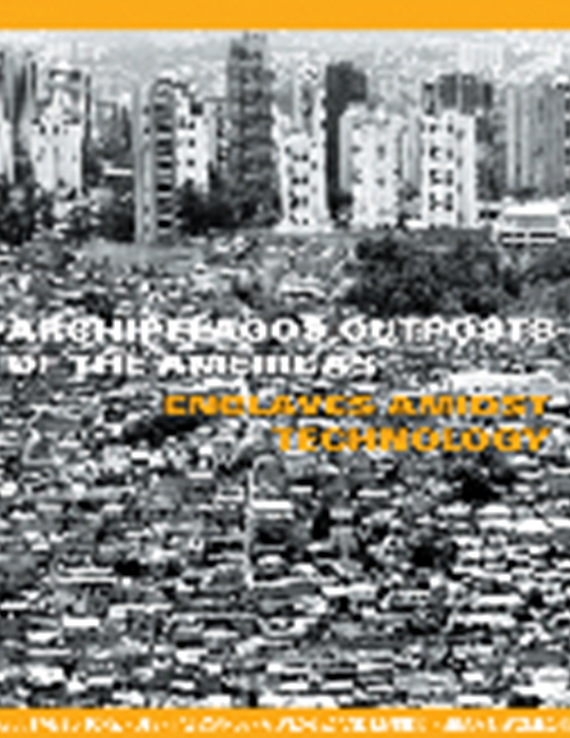Author(s): Colin Ripley
This paper investigates the idea of the domestic within modern architecture, using as a lens the writings of Jean Genet. Genet, through his guise of novelist, playwright, homosexual, and thief, is taken here to represent the anti-domestic “other” within the modern.The paper is presented as three scenes. In the first scene, Genet as thief confronts the Villa Savoye. Through this forced entry, the Machine for Living In becomes a sort of Carnot Cycle engine for the production of the family – the Family-Machine. The homosexual is seen to have no position within this economy – unless it is that of a thief. In the second scene, Philip Johnson’s Glass House is posited as an ideal setting for Genet’s play, The Maids, with the anti-domestic qualities of both works seen as necessary for and indeed constitutive of the domestic sites which they represent. Finally, in the third scene, these ideas of the Family-Machine and the ritualistic Anti-Domestic are brought to bear on a discussion of same-sex marriage, using the recent Canadian experience in which controversy and argument has been out of all proportion to the real impact of the proposed new legislation. The role of the homosexual within the house – which is after all the architectural manifestation of the institution of marriage – is examined once again.
Volume Editors
Marilys R. Nepomechie & Robert Gonzalez
ISBN
0-935502-54-8

 Study Architecture
Study Architecture  ProPEL
ProPEL 
